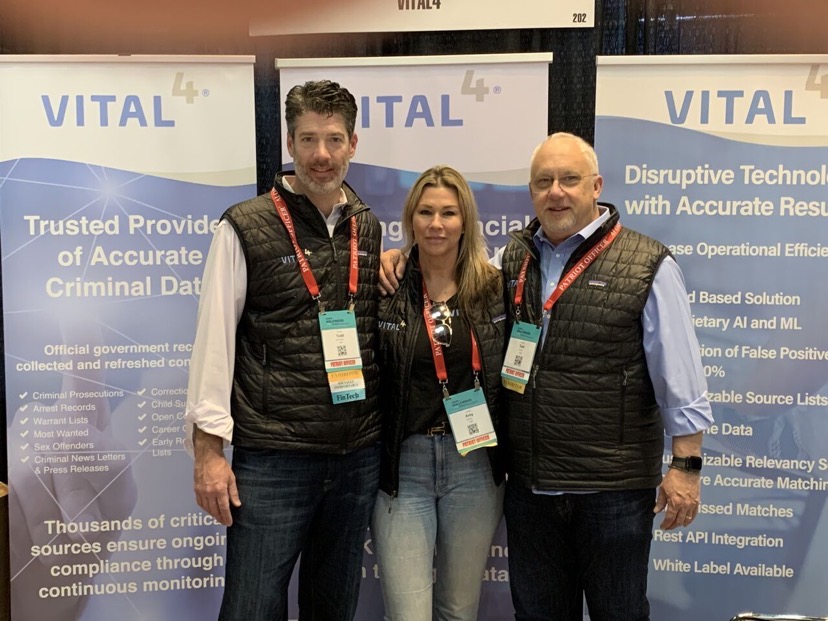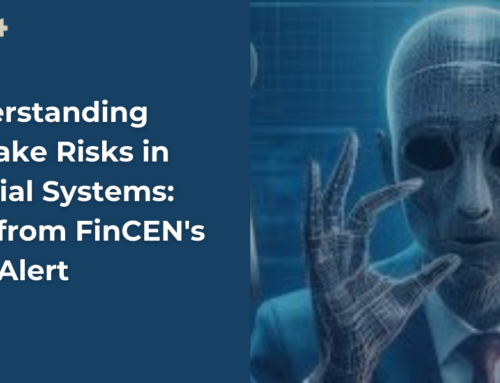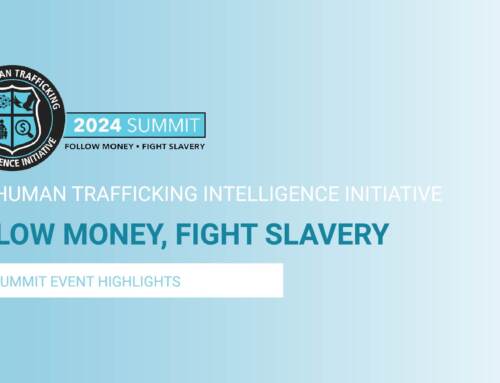This year’s ACAMS Conference touched on several important topics and sparked great conversations between the attendees and speakers over the 3-day event. One of the key topics covered at this conference was the focus on the current state of international affairs. Along with the sanctions implemented against Russia and Russia-affiliated oligarchs, the freezing of foreign assets, levels of exposure tied to UBO, and the increased pressure to understand risk exposure were all important points that were covered by several speakers at the event.
Some highlights:
- Ultimate Beneficial Ownership (UBO) was a hot topic at this year’s conference, particularly around FinCEN’s beneficial owner requirements as defined in the Corporate Transparency Act and AML Act of 2020. A lot of questions are still yet to be answered around the beneficial ownership registry, who will be contributing to the registry, who will have access to the registry, and the timeliness and accuracy of the data in the registry. This is something the industry will be watching closely for more clear guidance from FinCEN this year.
- Following the Anti Money Laundering Act of 2020, there was an increased focus on how the industry can better consolidate resources to decrease money laundering and other fraudulent activities. Since Section 6212 of AMLA ruled that banks are allowed to share SAR information across an institution’s foreign branches, subsidiaries, and affiliates, the efforts to streamline data for AML mitigation is something to keep in mind as new legislation continues to be proposed and as the industry continues to find ways to better work together against money laundering. The use of virtual currency and the ongoing regulatory changes have led to increased collaboration between AML teams, but more is needed amongst FI’s LE, etc. Regulators championed advancements in the use of ML and AI in AML policy. Many believe that banks need to be able to “defend” their approach and should be able to understand the technology they are using to mitigate risks.
- The scope of tracking AML is also widening significantly as perpetrators are still managing to find ways to conceal fraudulent activity with Cryptocurrency, real estate, and even antiques. There are currently rules being proposed to make it easier to track large transactions as many of them, especially real estate, are of high risk. Human trafficking was a key focus of a lot of the AML discussions. After many conversations, the consensus was that in order to crack down on Human trafficking, quick updates to data for tracking would be necessary.
- Lastly, cryptocurrency was an ongoing topic throughout many expert-led discussions. As of the March 9th executive order, it’s clear the government is ready to increase regulation on these currencies and transactions. The six primary policy objectives from this order regarding the regulation of cryptocurrencies include:
- Protecting consumers, investors, and businesses.
- Mitigating systemic financial risk.
- Mitigating national security risks.
- Reinforcing U.S. financial leadership.
- Promoting safe and affordable financial services.
- Supporting technological advances.
All in all, the 2022 session was jack-packed with lots of great events and plenty of forward-looking discussions. It was great to catch up with old friends and colleagues that we hadn’t seen in a while and, of course, meet everyone who wanted to learn more about Vital4’s AML solutions. We’re looking forward to meeting even more of you at next year’s event!





